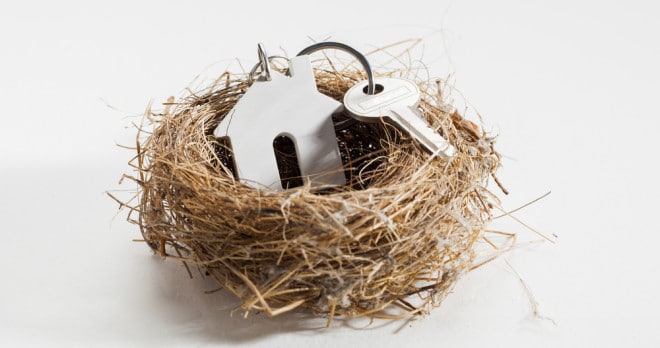Jointly owned property and cohabitees

Over recent years the law in this area has been widely criticised for not keeping up with social change. If your relationship breaks down and you can’t agree on what should happen to the property, you might be surprised how the courts approach your dispute.
How the courts currently work
The court will initially look for evidence of what was agreed between the parties at the time you bought the property, as to how you would own it. It may be that you’ve entered into Trust Deed (more about this later) but in the absence of clear evidence here, the court will try to piece together the basis of an agreement from the parties’ conduct over the years.
However, generally speaking, the court will focus on direct financial contributions to the property whether through payment of the deposit or subsequent mortgage payments, when deciding what proportion of the equity each partner should have.
How can I make sure my investment is secure?
In most cases, an unmarried couple buying a property together should have a Trust Deed drawn up by their conveyancing solicitor at the outset.
A Trust Deed will confirm your intentions as to how you will own the property. The document will deal with all sorts of practical but rather unromantic issues, such as who pays for what, the responsibility for payment of the mortgage and how ownership of the equity in the property will be shared and divided. It will look at issues such as if one of you earns more than the other, will they pay more towards the mortgage? If so, will they acquire a larger share of the equity? Or if one of you will contribute in other ways, such as housekeeping and preparing meals, will that contribution be balanced against the other partner’s financial contribution?
Your conveyancing solicitor should advise you to sign a Trust Deed before you commit to buying the property, and they might be negligent if they failed to do so. However, it’s common that buyers overlook this step in the rush and excitement to complete their purchase.
It’s not too late
By setting down your answers to the questions above at the time of purchase, you can avoid potentially costly and stressful arguments if your relationship were to break down in the future. Even if you have already owned the property for some time, it’s still not too late to prepare a Trust Deed.